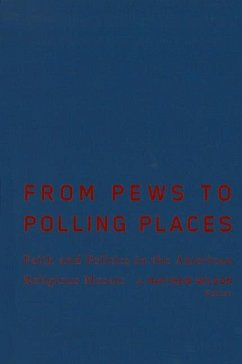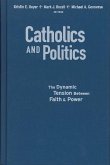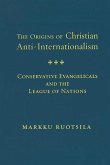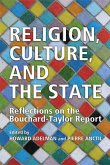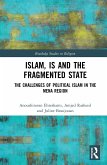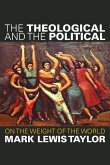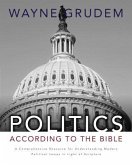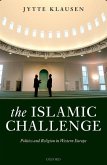Does religion promote political mobilization? Are individuals motivated by their faith to focus on issues of social justice, personal morality, or both? What is the relationship between religious conviction and partisanship? Does religious identity reinforce or undermine other political identifications like race, ethnicity, and class? The answers to these questions are hardly monolithic, varying between and within major American religious groups. With an electoral climate increasingly shaped by issues of faith, values, and competing moral visions, it is both fascinating and essential to examine the religious and political currents within America's major religious traditions. J. Matthew Wilson and a group of prominent religion and politics scholars examine these topics and assess one question central to these issues: How does faith shape political action in America's diverse religious communities? From Pews to Polling Places seeks to cover a rich mosaic of religious and ethnic perspectives with considerable breadth by examining evangelical Christians, the religious left, Catholics, Mormons, African Americans, Latinos, Jews, and Muslims. Along with these groups, the book takes a unique look at the role of secular and antifundamentalist positions, adding an even wider outlook to these critical concerns. The contributors demonstrate how different theologies, histories, and social situations drive distinct conceptualizations of the relationship between religious and political life. At the same time, however, the book points to important commonalities across traditions that can inform our discussions on the impact of religion on political life. In emphasizing these similarities, the authors explore the challenges of political mobilization, partisanship, and the intersections of religion and ethnicity.
Hinweis: Dieser Artikel kann nur an eine deutsche Lieferadresse ausgeliefert werden.
Hinweis: Dieser Artikel kann nur an eine deutsche Lieferadresse ausgeliefert werden.

